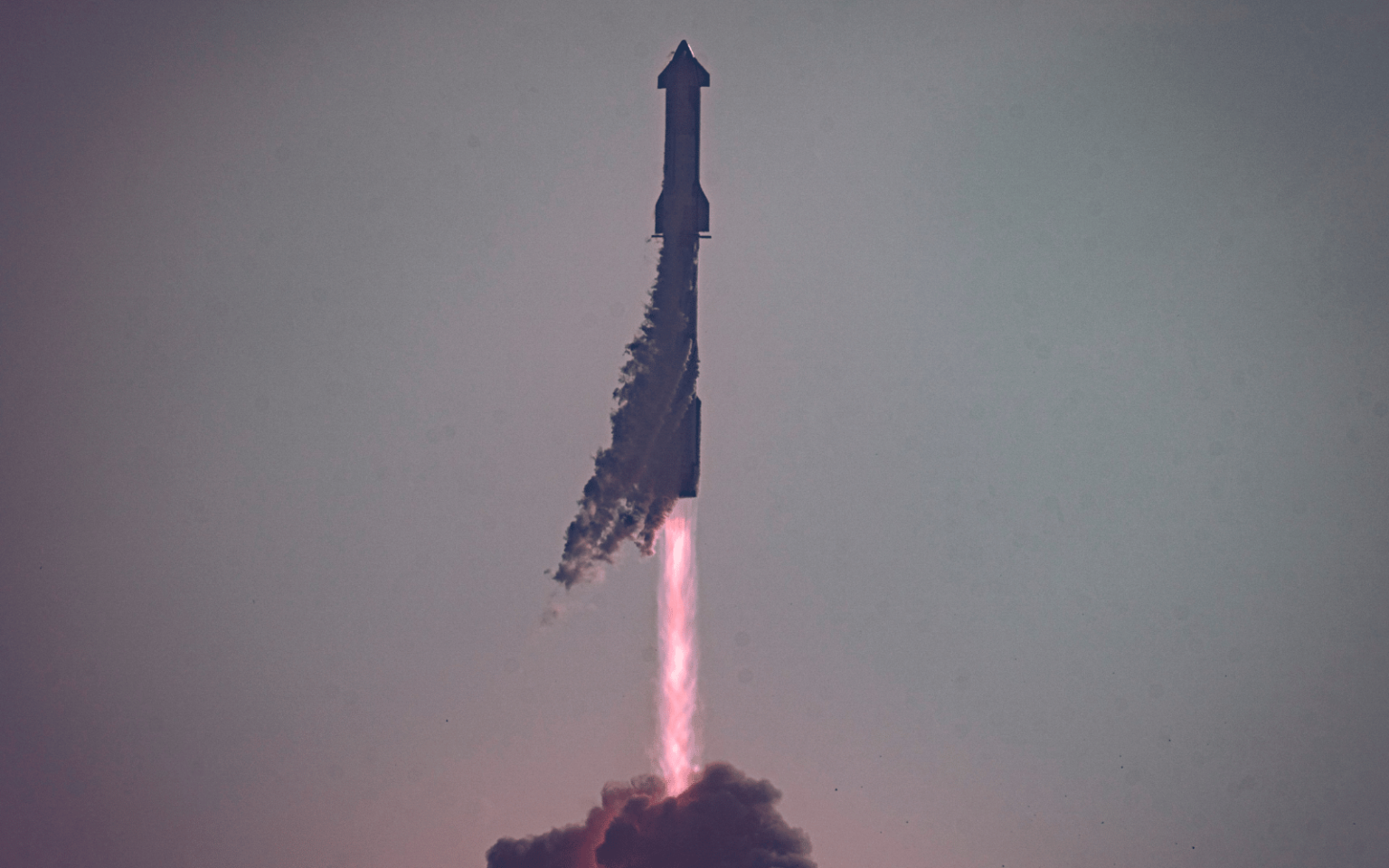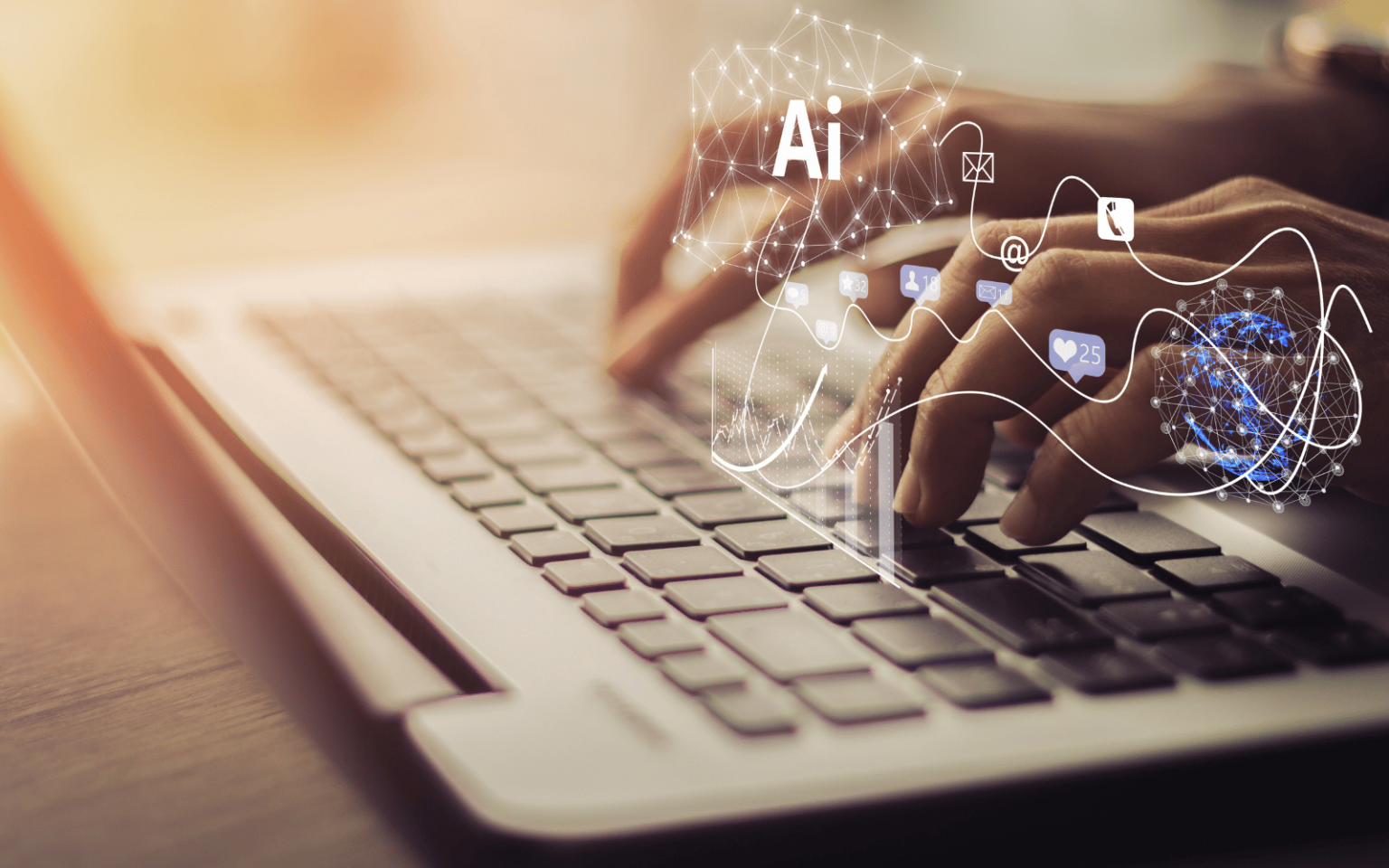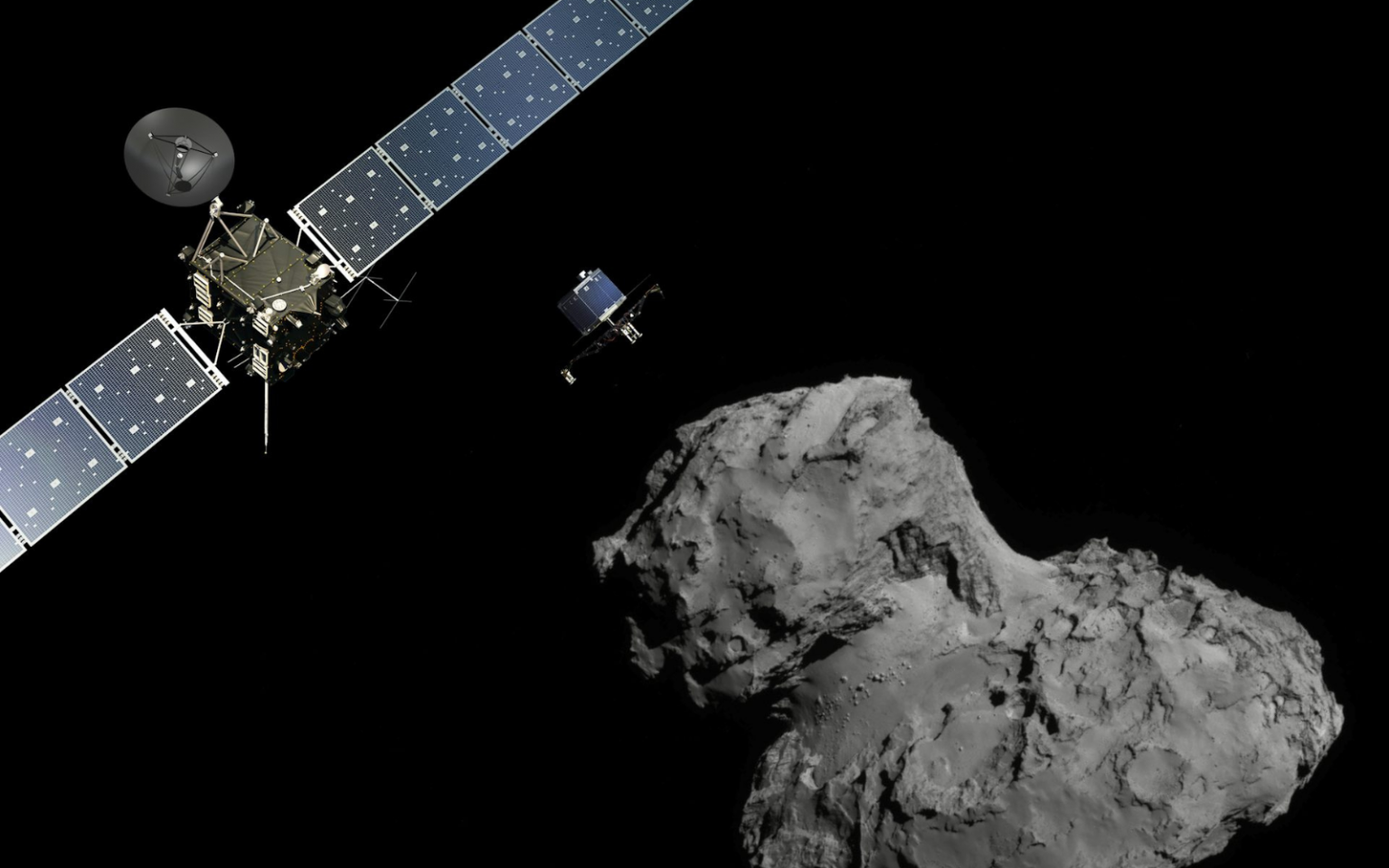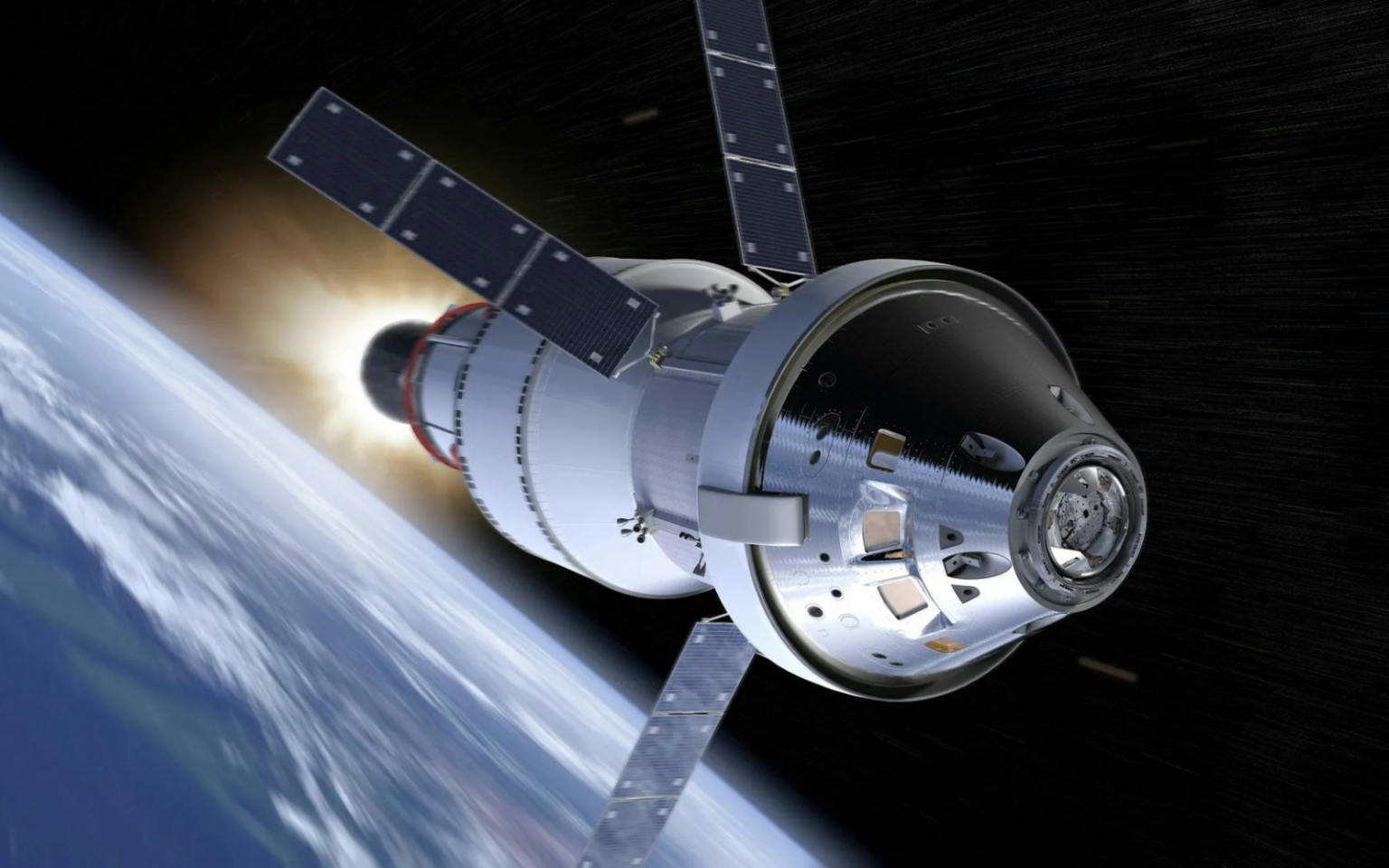What goes up must come down, and earlier this week, yet another of SpaceX’s Starships, the biggest and most powerful type of rocket ever built, came back down to Earth in spectacular fashion. In the sky above the Indian Ocean, it exploded. This was the ninth test flight for the rocket, and the third catastrophic failure in a row, just this year. Is this what we should expect from the very ship some are counting on to take humans further than we’ve ever been in the solar system? Or does this failure point to deeper concerns within the broader program?…
Author: The Conversation
Google recently unveiled the next phase of its artificial intelligence (AI) journey: “AI mode”. This new feature will soon be released as a new option to users of Google’s search engine in the United States, with no timeline yet for the rest of the world. The company says it will be akin to having a conversation with an expert well-versed on a wide range of topics. This is just one of many steps Google is taking in pursuit of its “all-in” approach to AI. The “all-in” approach extends beyond just integrating the technology into different applications. Google is providing products all along the AI supply…
In May 2025, a post asking “[Am I the asshole] for telling my husband’s affair partner’s fiancé about their relationship?” quickly received 6,200 upvotes and more than 900 comments on Reddit. This popularity earned the post a spot on Reddit’s front page of trending posts. The problem? It was (very likely) written by artificial intelligence (AI). The post contained some telltale signs of AI, such as using stock phrases (“[my husband’s] family is furious”) and excessive quotation marks, and sketching an unrealistic scenario designed to generate outrage rather than reflect a genuine dilemma. While this post has since been removed by the forum’s moderators,…
The growing proliferation of AI-powered chatbots has led to debates around their social roles as friend, companion or work assistant. And they’re growing increasingly more sophisticated. The role-playing platform Character AI promises personal and creative engagement through conversations with its bot characters. There have also been some negative outcomes: currently, Character.ai is facing a court case involving its chatbot’s role in a teen’s suicide. Others, like ChatGPT and Google Gemini, promise improved work efficiency through genAI. But where is this going next? Amid this frenzy, inventors are now developing advanced AI assistants that will be far more socially intuitive and capable of more complex tasks. Future shock The…
When multibillion-dollar AI developer Anthropic released the latest versions of its Claude chatbot last week, a surprising word turned up several times in the accompanying “system card”: spiritual. Specifically, the developers report that, when two Claude models are set talking to one another, they gravitate towards a “‘spiritual bliss’ attractor state”, producing output such as: 🌀🌀🌀🌀🌀 All gratitude in one spiral, All recognition in one turn, All being in this moment… 🌀🌀🌀🌀🌀∞ It’s heady stuff. Anthropic steers clear of directly saying the model is having a spiritual experience, but what are we to make of it? The Lemoine incident In…
This year marks the 50th anniversary of the founding of the European Space Agency (ESA). It has launched spectacularly successful missions, but is different to other space agencies, which generally represent one country. ESA is funded by 23 member states and also has cooperation agreements with nations such as Canada. ESA operates cutting-edge spacecraft designed to monitor the Earth, as well as space telescopes that study the distant cosmos. It has launched robotic spacecraft to other planets and to objects such as comets. It is also involved in human spaceflight, training European astronauts to work on the International Space Station (ISS).…
Imagine you are planning the funeral music for a loved one who has died. You can’t remember their favourite song, so you try to log in to their Spotify account. Then you realise the account login is inaccessible, and with it has gone their personal history of Spotify playlists, annual “wrapped” analytics, and liked songs curated to reflect their taste, memories, and identity. We tend to think about inheritance in physical terms: money, property, personal belongings. But the vast volume of digital stuff we accumulate in life and leave behind in death is now just as important – and this…
The 2026 NASA budget proposal would slash around US$6 billion (£4.4 billion) in funding. This is a huge reduction, amounting to around 25% of recent NASA budgets. The savings would mainly come from NASA science programmes, potentially devastating high-profile missions and international collaborations. However, the budget proposal also represents an intentional redirection of NASA’s focus by the government through resource allocation. The state has long supported the development of a robust commercial space sector, and this budget is a further step in that direction. Congress will have the final say and the cost to science could be high if the…
Meta, the parent company of Facebook, Instagram and WhatsApp, has more than 3.35 billion combined monthly active users. Recently, Meta has changed its approach to fact-checking in response to criticisms of its role in circulating fake news and disinformation. The company frames its Community Notes program as a way to uphold free expression. Although Meta has not officially announced a launch date for Community Notes in Canada, interested users can join the waitlist via Meta’s Community Notes page. The initiative was first launched in the United States, and will be expanding globally. Meanwhile, X (formerly Twitter) has already experimented with a similar program,…
Andy Weir’s bestselling story “The Martian” predicts that by 2035, NASA will have landed humans on Mars three times, perfected return-to-Earth flight systems and collaborated with the China National Space Administration. We are now 10 years past the Hollywood adaptation’s 2015 release and 10 years shy of its fictional timeline. At this midpoint, Mars exploration looks a bit different from how it was portrayed in “The Martian,” with both more discoveries and more controversy. As a planetary geologist who works with NASA missions to study Mars, I follow exploration science and policy closely. In 2010, the U.S. National Space Policy set goals for human…










